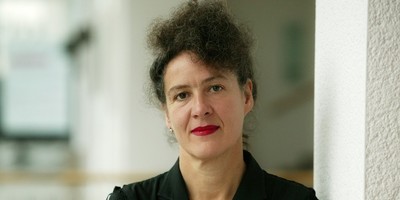KunstFestSpiele Herrenhausen
Heimat Utopie
The German term “Heimat” has a more fundamental meaning than “home”, going beyond the image of a crackling open fire and a snug feeling of comfort (“homeland” would perhaps be the closest equivalent?).Heimatsignifies a place of profound and genuine familiarity, a place shaping our identity which determines how we experience our own individuality and what we are striving for. The termHeimatis charged with emotion and has its roots in primordial feelings. During the twentieth century, the definition ofHeimatwas seized on and abused by politicians and has even now not entirely recovered from this assault.
The expression “utopia” emerged during the fifteenth century as a derivation from the Ancient Greek for “no-place-land” to describe the vision of a better society in a future world in which humans would find security, justice and a fulfilled life. Right up to the present day, the ability to imagine the future has remained a source of inspiration for humans, permitting them to overcome subjection and press ahead with social developments. Without a utopian concept, we would still be living in caves today.
Is there a connection betweenHeimatand utopia? Yes, definitely! One is a place from which everything originates and the other is a place to where everything strives. It is not only the termHeimatwhich requires a modern redefinition, but also the concept of utopia. Although we recognise that we are gradually losing sight ofHeimatas a place of yearning, we are in fact simultaneously losing the capacity for utopian thought. The unremitting compulsion for efficiency which relentlessly accelerates our living environment leaves no room for daydreaming.
Once upon a time, the beautiful island of Utopia was a not-yet entity. In our time, it appears that it is no longer conceivable. How can we set our sights on the path to utopia if our concepts and emotions have become mobile and ultimately homeless? Our living environment has therefore led us back to a form of nomadic existence. We are everywhere, but extremely seldom in spirit in the place of our physical existence where we are able to breathe. Is our new domicile in our car just as good as in an aeroplane or our temporary sojourn in a seedy hotel? Is it perhaps even beyond these locations, ultimately to be found in disembodied form in the no-man’s-land of the “cloud” – a virtual space surrounding us crammed with data more effectively stored than in our brains or in a notebook? IsHeimatsuddenly everywhere? Or is it perhaps nowhere and has been transformed into a “no-place-land”?
If we focus our attention during this festival on the two terms Heimat and utopia, we are immediately confronted by fundamental questions: who are we, where have we come from and where are we going? Questions also arise concerning possible links. In Herrenhausen, we will turn towards one of the most important mediums, i.e. art, to aid us in our process of discovery. The landscape architect Florian Otto remarked appropriately: “Each garden is a utopia in itself as it is conceived as an alternative draft to the quotidian image”. Each work of art also captures these alternative drafts, showing us other possible worlds alongside our own and reminding us of our task of designing our future. Garden and art create a place of repose and reflection, a location which revives us. And while this connectivity awakes in us a feeling that we do belong within a specific location after all, it also encourages us to develop new designs, provides us an objective for our actions and thereby unfolds utopian potential.
V.i.S.d.P. KunstFestSpiele Herrenhausen






